Hibiscus Japanese carnation
$39.99
It seems you’re interested in two different types of flowers: Hibiscus and Japanese Carnation. While I’ve provided information about tropical hibiscus in the previous response, I’ll now introduce you to Japanese Carnations, also known as Dianthus chinensis.
**Japanese Carnations (Dianthus chinensis): Adding Elegance to Your Garden**
Japanese Carnations, scientifically known as Dianthus chinensis, are delightful flowering plants that bring a touch of elegance and charm to gardens and landscapes. These lovely blooms, often referred to as annual Dianthus or China Pink, are prized for their dainty appearance, pleasant fragrance, and versatility in garden design. Let’s explore Japanese Carnations and learn how to care for these captivating flowers.
Planting Japanese Carnations
Japanese Carnations are relatively easy to cultivate and can thrive in various garden settings. Here’s a brief guide on planting them:
1. **Choose the Right Location**: Select a location that receives full sun to partial shade. Japanese Carnations prefer at least 6 hours of sunlight daily but can tolerate a bit of shade, especially in hot climates.
2. **Prepare the Soil**: Ensure well-draining soil with good fertility. Amending the soil with compost or organic matter can improve its quality.
3. **Planting Depth**: When transplanting Japanese Carnations, ensure they are at the same depth as they were in their nursery pots. Plant them about 6 to 8 inches apart to allow for proper air circulation.
4. **Watering**: Water the newly planted seedlings thoroughly. Once established, water consistently to keep the soil evenly moist but not waterlogged.
**Caring for Japanese Carnations**
Maintaining the health and beauty of Japanese Carnations is relatively straightforward. Follow these care guidelines:
1. **Deadheading**: Regularly remove faded flowers to encourage continuous blooming and maintain a neat appearance.
2. **Fertilization**: Apply a balanced, slow-release fertilizer or a well-balanced liquid fertilizer during the growing season to support healthy growth and prolific flowering.
3. **Mulching**: Apply a layer of mulch around the base of the plants to retain moisture, regulate soil temperature, and deter weed growth.
4. **Pests and Diseases**: Keep an eye out for common pests like aphids or spider mites. Treat any infestations promptly with insecticidal soap or neem oil. Japanese Carnations are generally disease-resistant but may occasionally encounter issues like rust or fungal infections, which can be managed with fungicides.
**Japanese Carnation Description**
Japanese Carnations possess several distinctive features that make them a favorite among gardeners:
1. **Flower Appearance**: Japanese Carnations produce petite, fragrant blooms with fringed or serrated petal edges. These flowers come in an array of colors, including shades of pink, red, white, and even bi-colored varieties. Their delicate appearance and sweet scent make them an ideal choice for cut flower arrangements.
2. **Compact Growth**: Japanese Carnations typically grow to a height of 6 to 12 inches, forming tidy mounds of foliage. This compact growth habit makes them suitable for borders, containers, and rock gardens.
3. **Long-Lasting Blooms**: One of the most appealing characteristics of Japanese Carnations is their long-lasting blooms. With proper care, they can continue flowering from late spring through summer and sometimes even into the fall.
4. **Sweet Fragrance**: Many varieties of Japanese Carnations emit a sweet, spicy fragrance that adds an extra layer of appeal to your garden. This scent can be particularly enchanting on warm summer evenings.
**Interesting Fact about Japanese Carnations**
In the language of flowers, known as “floriography,” different colors of carnations convey different meanings. For example, red carnations are often associated with deep love and admiration, while white carnations symbolize purity and luck. These nuanced meanings have made carnations a popular choice for gift-giving and floral arrangements with specific messages.
In conclusion, Japanese Carnations, or Dianthus chinensis, are delightful annual flowers that grace gardens with their elegance and fragrance. Whether you’re a seasoned gardener or just starting out, these charming blooms are a fantastic addition to any outdoor space. With their captivating appearance, sweet fragrance, and ease of care, Japanese Carnations are sure to enhance the beauty of your garden and bring a touch of tradition to your landscape.

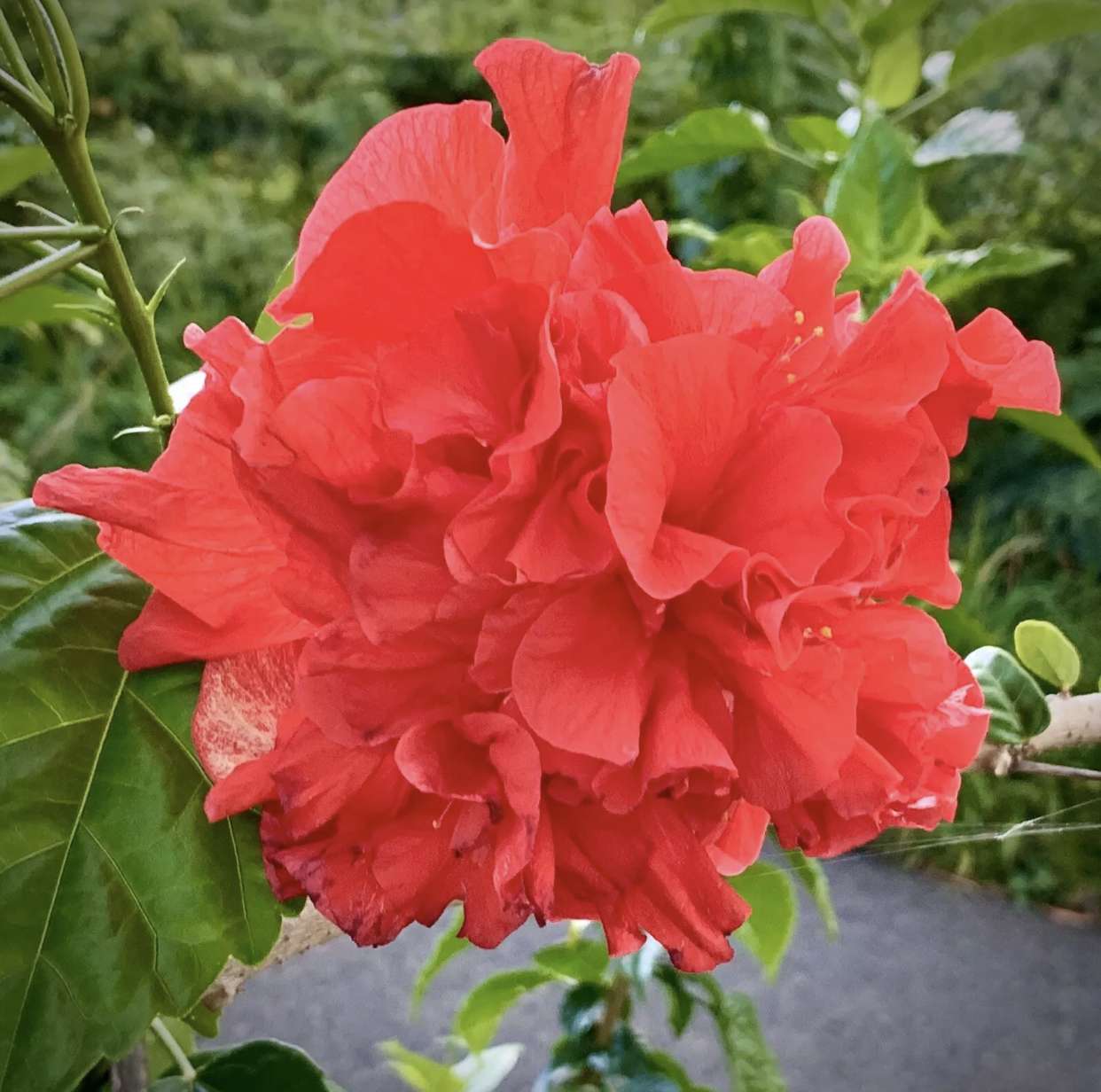
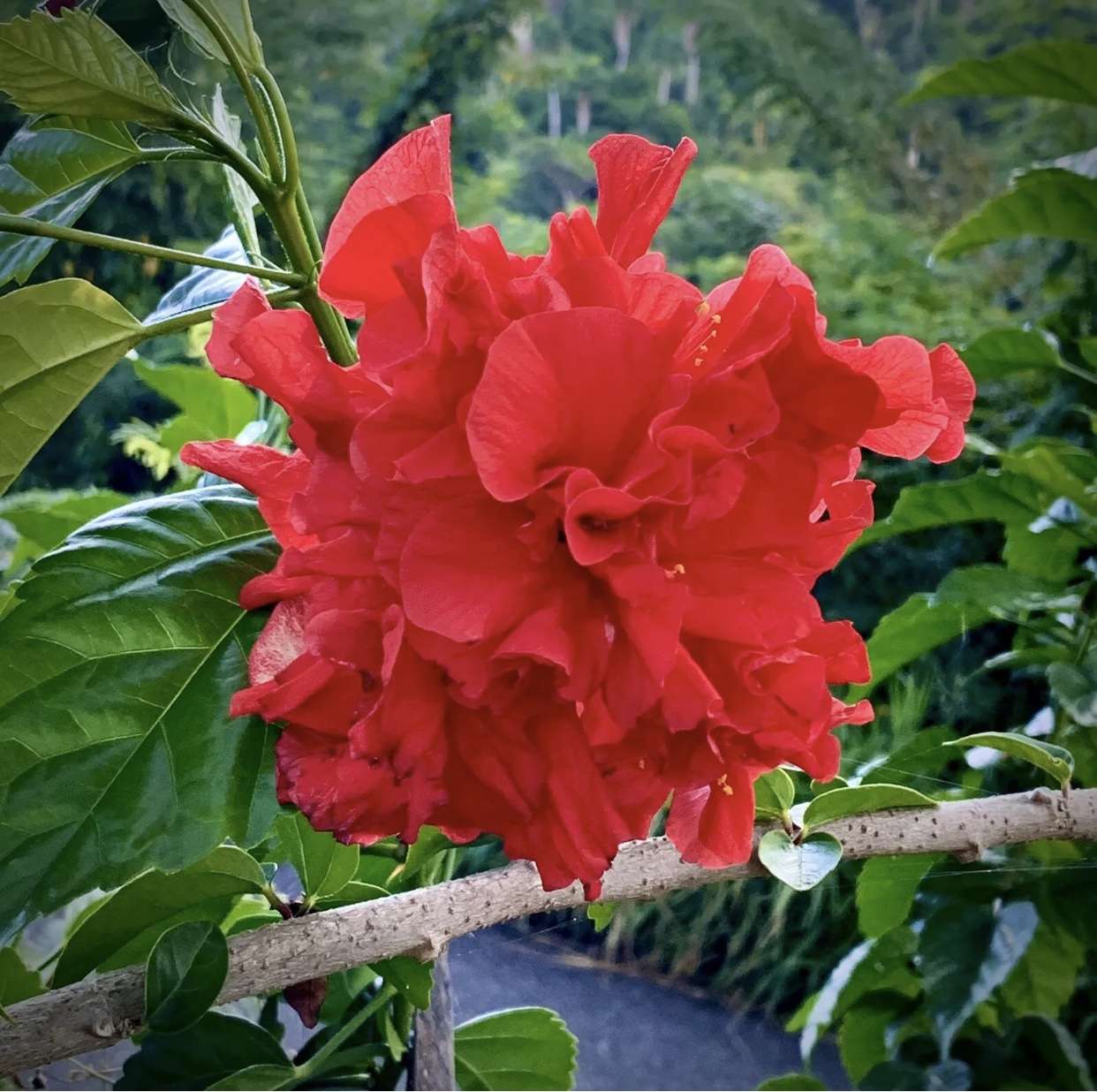
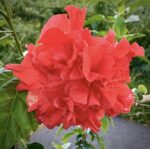
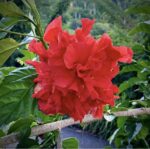


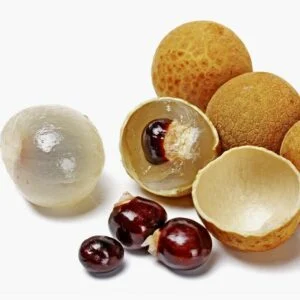
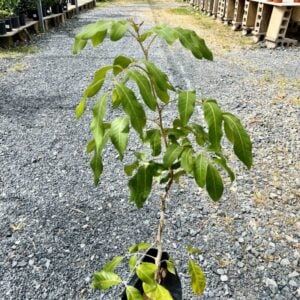


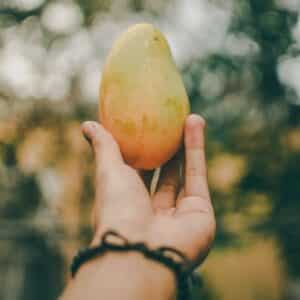

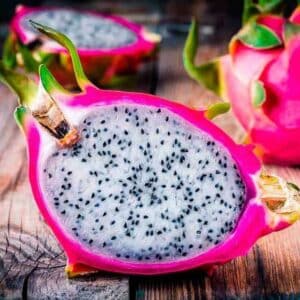
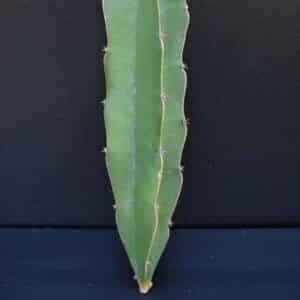
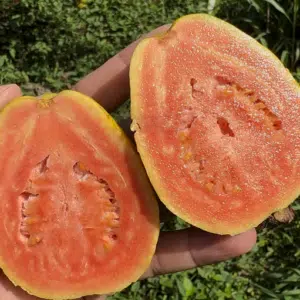
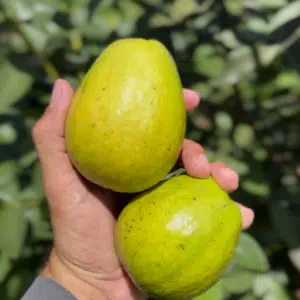




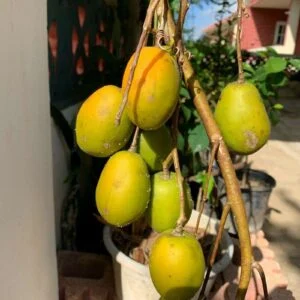
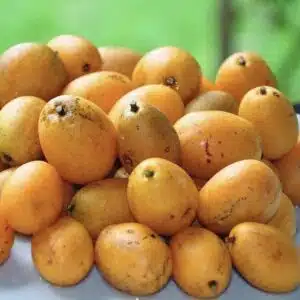
Reviews
There are no reviews yet.